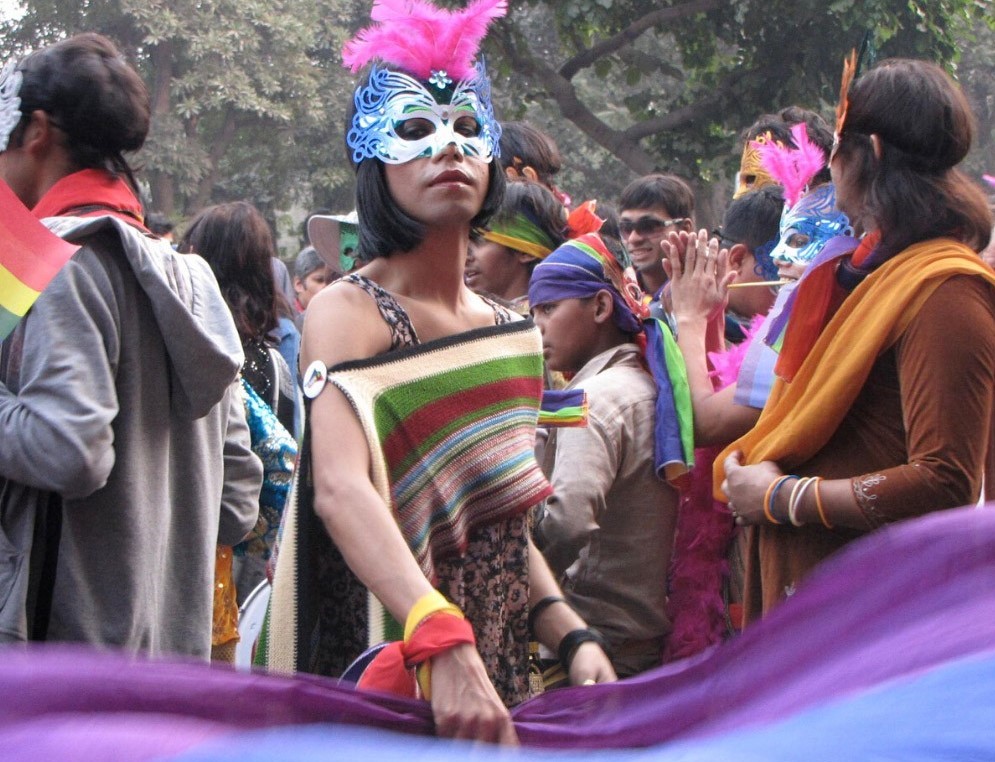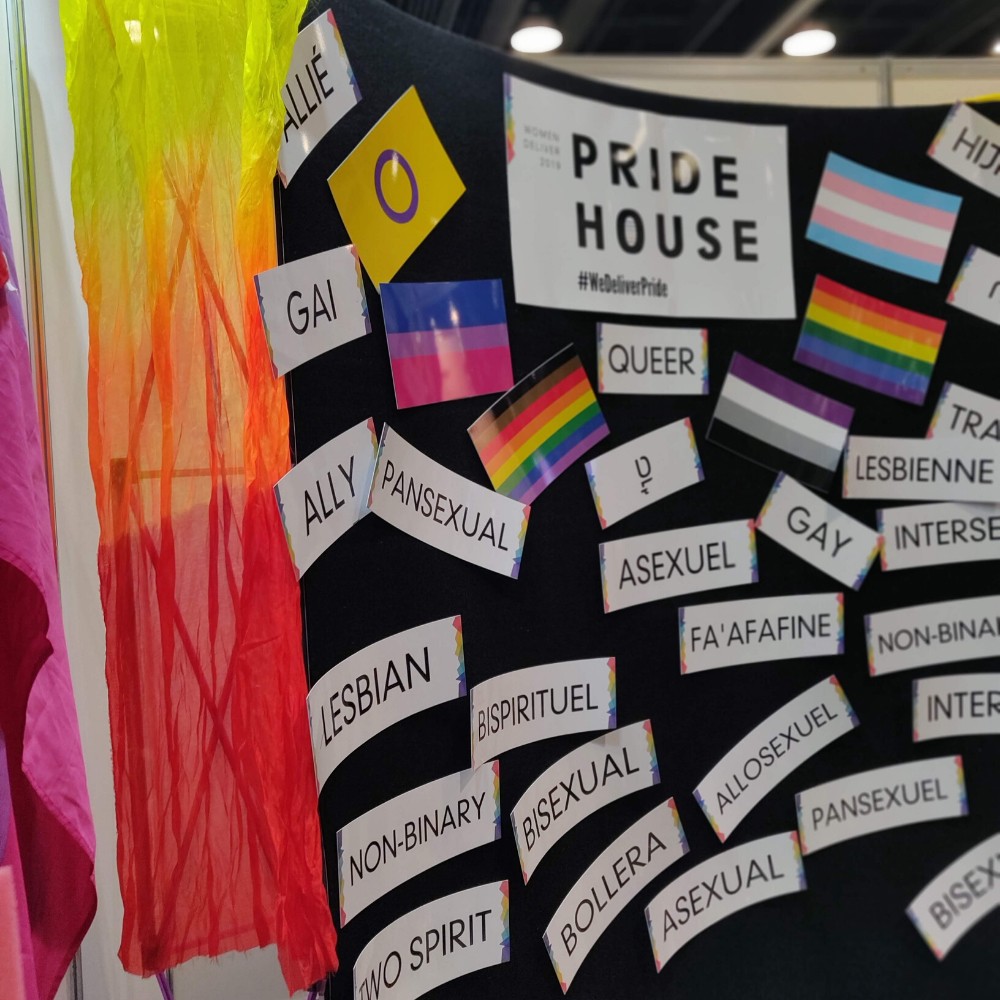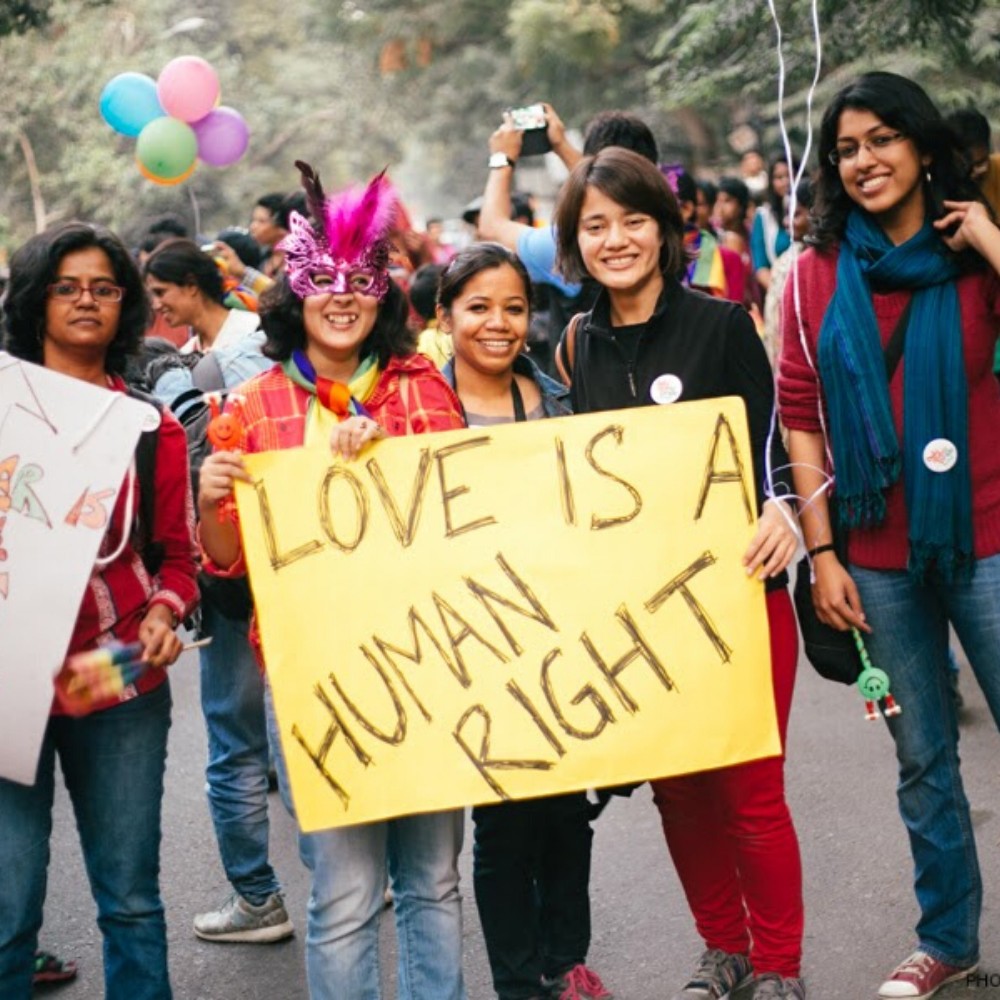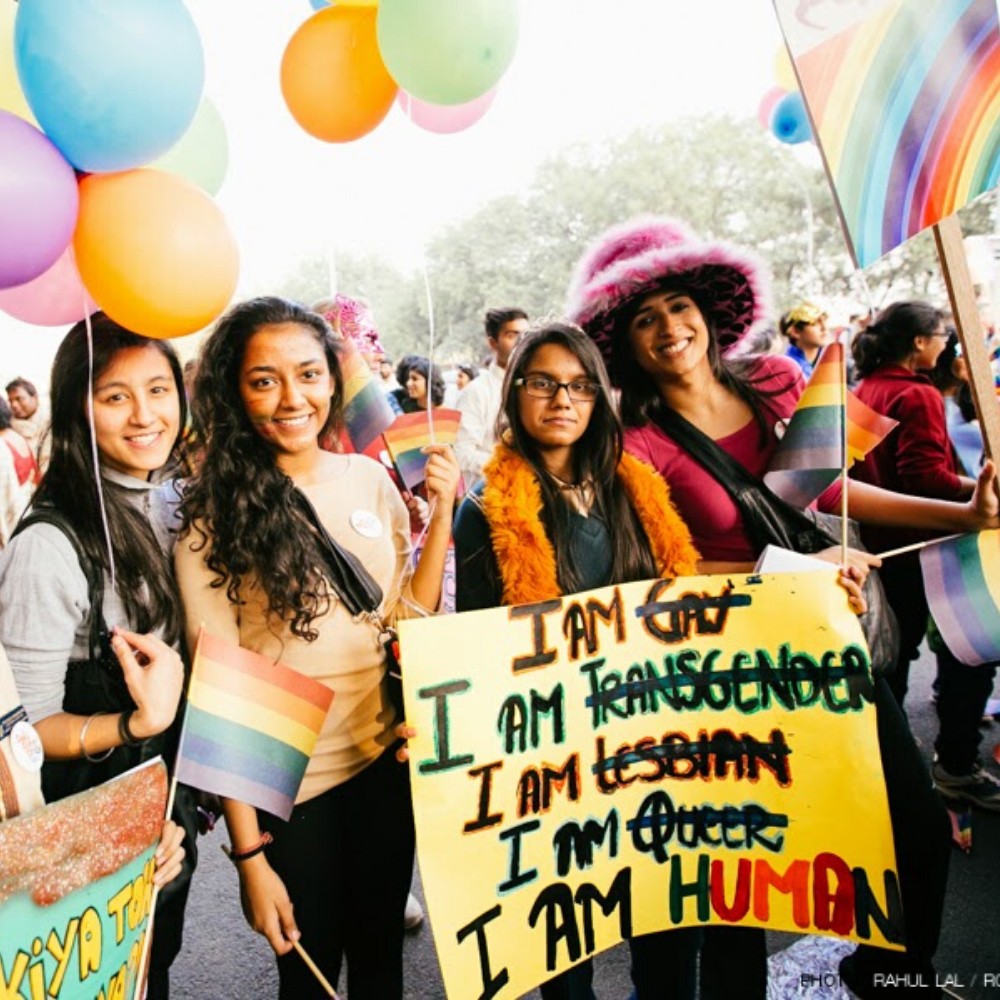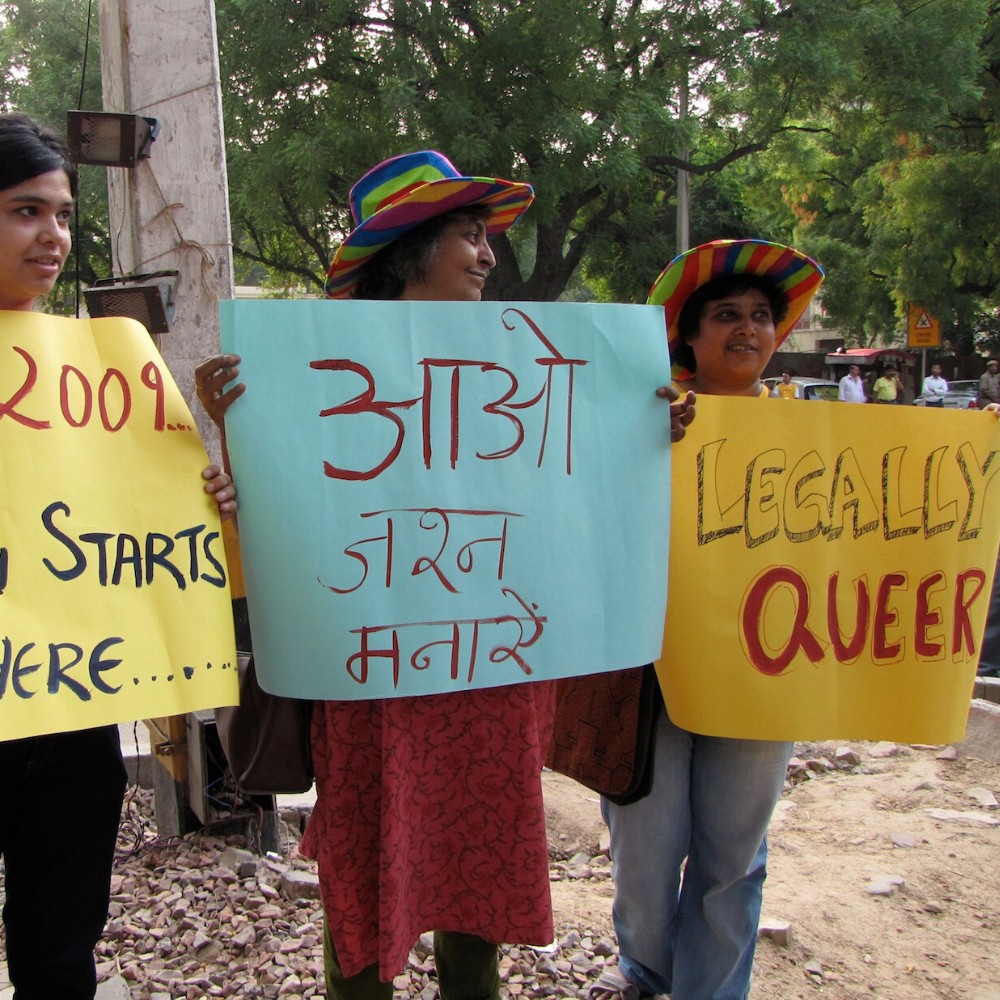Our approach to engaging with LGBTIQ/SOGIESC themes and constituencies recognizes the limitations of the Lesbian Gay Bisexual Transgender Intersex Queer (LGBTIQ) and/or sexual orientation and gender identity and expression and sex characteristic (SOGIESC) frameworks and focuses on “sexual and gender diversity.” Gender and sexuality are social constructs which assume significance only within cultural signifiers. A person’s sexuality and gender, and the manner in which they experience it is shaped by the different axes of locations they occupy in terms of their race, ethnicity, class, ability, faith and geography. However, even under these different locations of sexual and gender identity formation, gender often remains as a limited heteronormative and binary construct with cultural expectations laying down how it is to be performed. This framework also allows us to grapple with how sex characteristics intersect with sexuality and gender, in terms of experiences of violence and discrimination, as well as in terms of building stronger cross-movement collaboration.
CREA’s work creates opportunities to build and highlight sexual and gender diversity issues incorporating a conversation about sexual freedom and autonomy into discussions about decriminalization, depenalization and rights. Institutionally CREA integrates a broad understanding of sexual and gender diversity into its Institutes, local, regional and global programming, reports and publications, etc. In addition, issues related to sexuality, gender and sex characteristics form a core part of our developing work on “Gender 360”. CREA believes in a process that moves from critical thinking to critical action. Through public events, conferences and social media, CREA challenges its partners to rethink, reimagine and reboot our feminisms in a way that inspires action and fully embraces our sexual, gender and body diversity.
